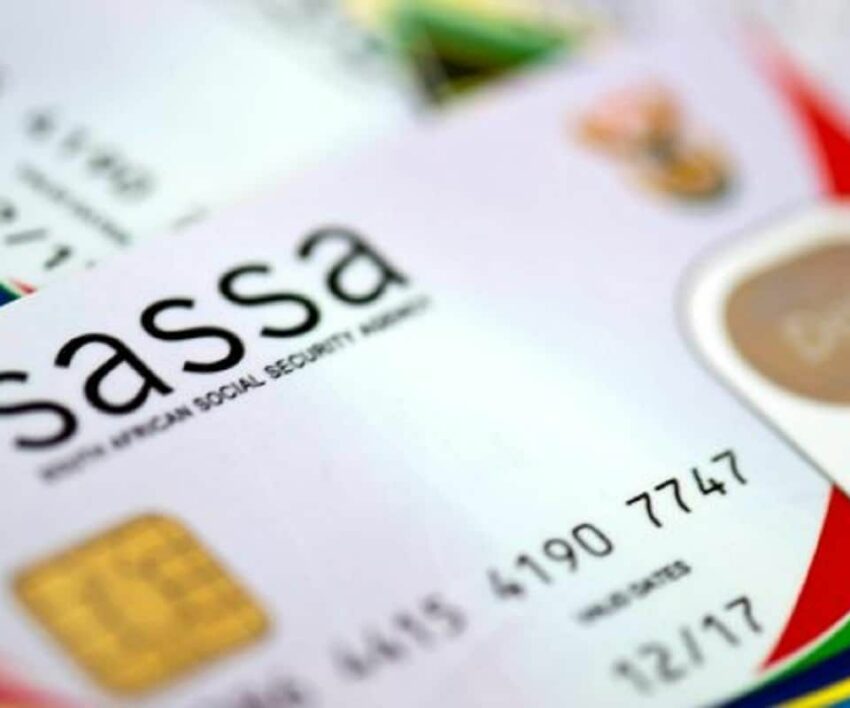
A R10 Increase, But the Cost of Living Keeps Climbing
When SASSA announced a modest R10 increase for old age, war veterans, disability, and care dependency grants starting this October, many beneficiaries didn’t celebrate, they sighed. Across social media platforms and local communities, the reaction was overwhelmingly clear: R10 doesn’t even begin to cover soaring costs.
For pensioners, people with disabilities, and caregivers, grants are a lifeline, not a luxury. The announcement has sparked frustration, as the Child Support Grant and Social Relief of Distress Grant were left untouched, leaving some of the most vulnerable households feeling overlooked.
“A Slice of Bread Costs More”: Public Reaction
Social media quickly became a platform for venting. On Facebook and X, beneficiaries and citizens shared sarcastic and bitter remarks:
-
“Even a loaf of bread is R20. Why R10? Elections coming up?”
-
“Someone will vote for R10.”
-
“That should cover a few slices of bread at best.”
It’s not just about the money—it’s about the symbolic message the increase sends. Many South Africans question whether this tiny adjustment is a pre-election gesture rather than a meaningful improvement in welfare.
Cost of Living Outpaces Grant Increases
The frustration is rooted in reality. South Africans face rising grocery prices, electricity bills, fuel costs, and rents. For households relying on grants, even minor adjustments need to keep pace with inflation. Historically, SASSA increases lag behind price surges, leaving beneficiaries struggling to maintain purchasing power.
This R10 bump is widely seen as symbolic rather than substantive, insufficient to cover everyday essentials, let alone unexpected expenses.
What SASSA Announced and What It Didn’t
SASSA confirmed the following changes:
-
Old Age Grant, War Veterans Grant, Disability Grant, and Care Dependency Grant: increase of R10 per month from October.
-
Child Support Grant and Social Relief of Distress Grant: no increase.
The exclusion of children and distress relief recipients has drawn criticism, with many asking why families in urgent need are left behind.
Government Response and Public Pushback
Activists and citizens have called for more meaningful adjustments. A petition to raise the Old Age Grant to R5,000 was rejected by the Department of Social Development, citing budget constraints.
While officials argue policy and financial limitations make large increases unfeasible, many South Africans feel the government is falling short of understanding the real cost pressures faced daily.
Beyond R10: What Beneficiaries Want
The public’s call is clear: grant increases must be realistic, frequent, and responsive to inflation. Suggestions include:
-
Inflation-linked adjustments that keep up with monthly costs.
-
Inclusion of grants for children and households in distress.
-
Regional considerations to address differences in living expenses.
For many, the R10 increase is a temporary fix that does little to close the gap between income and living costs, leaving a bitter taste of inadequacy in an already tough economic climate.
A Growing Gap Between Policy and Reality
In a country where many households make daily trade-offs between food, transport, and basic utilities, R10 feels like too little, too late. Until grant adjustments reflect real living conditions, public frustration will remain louder than any official announcement.
Source: Joburg ETC
Featured Image: X{@newsnoteSA}




